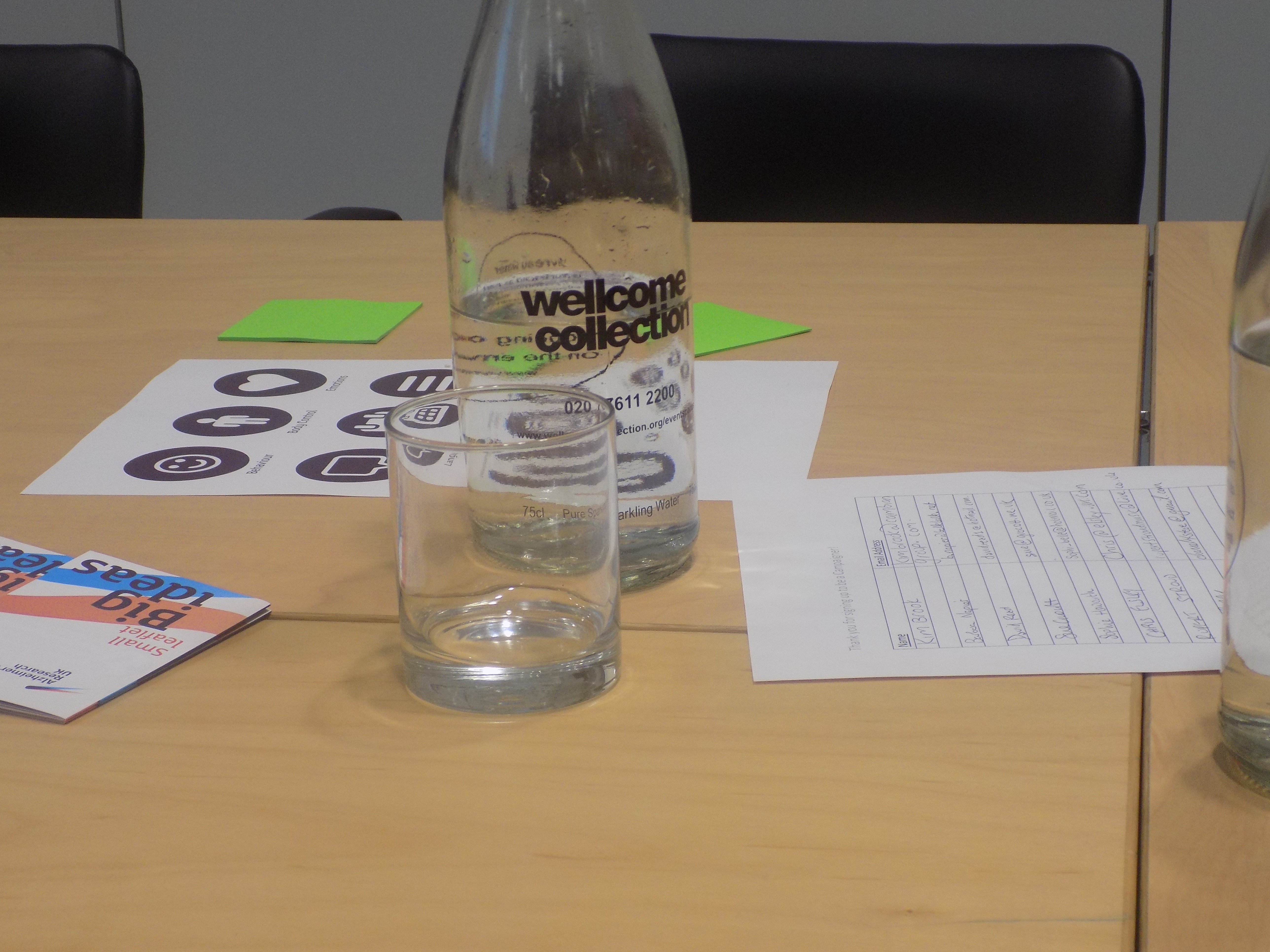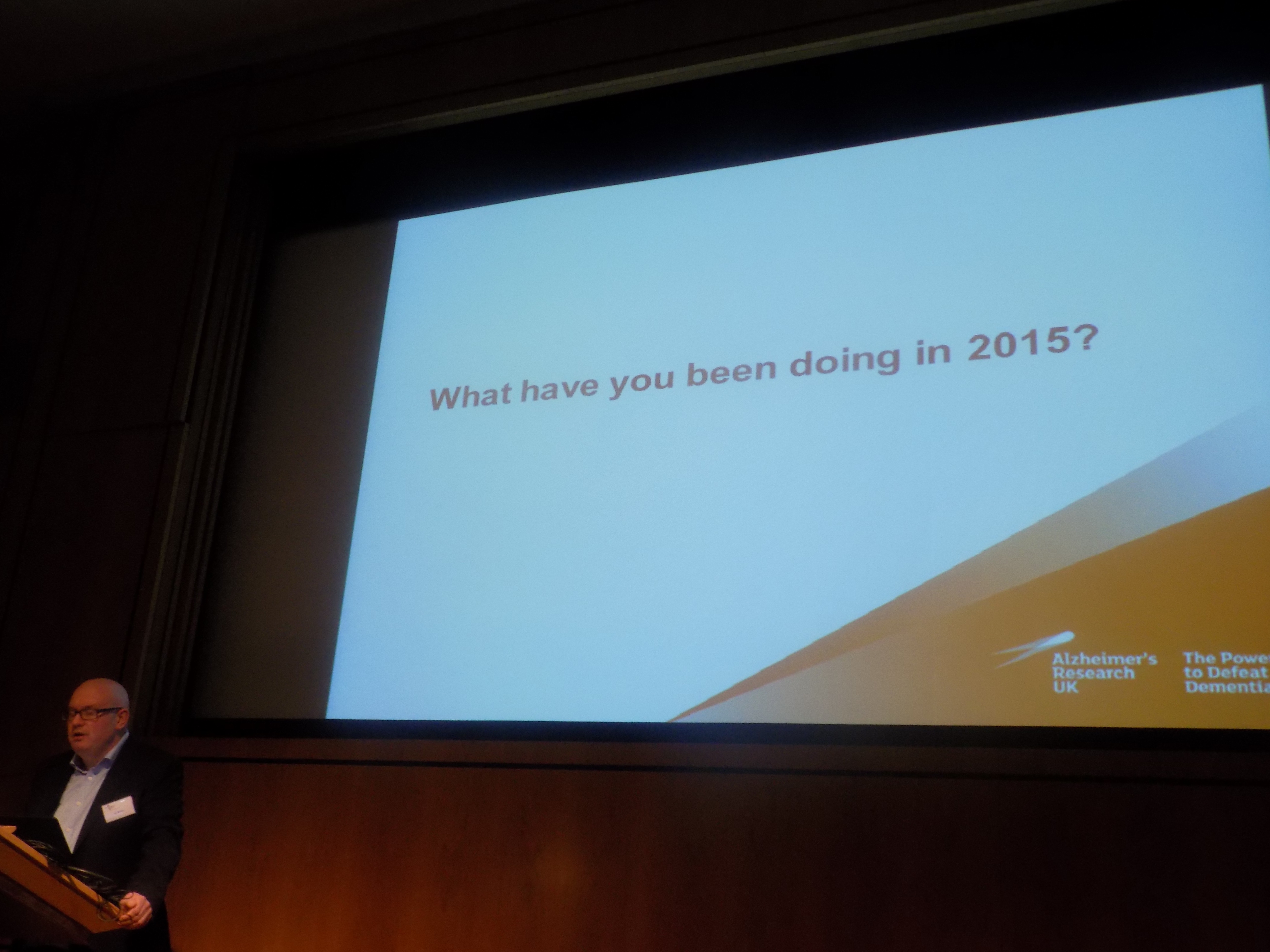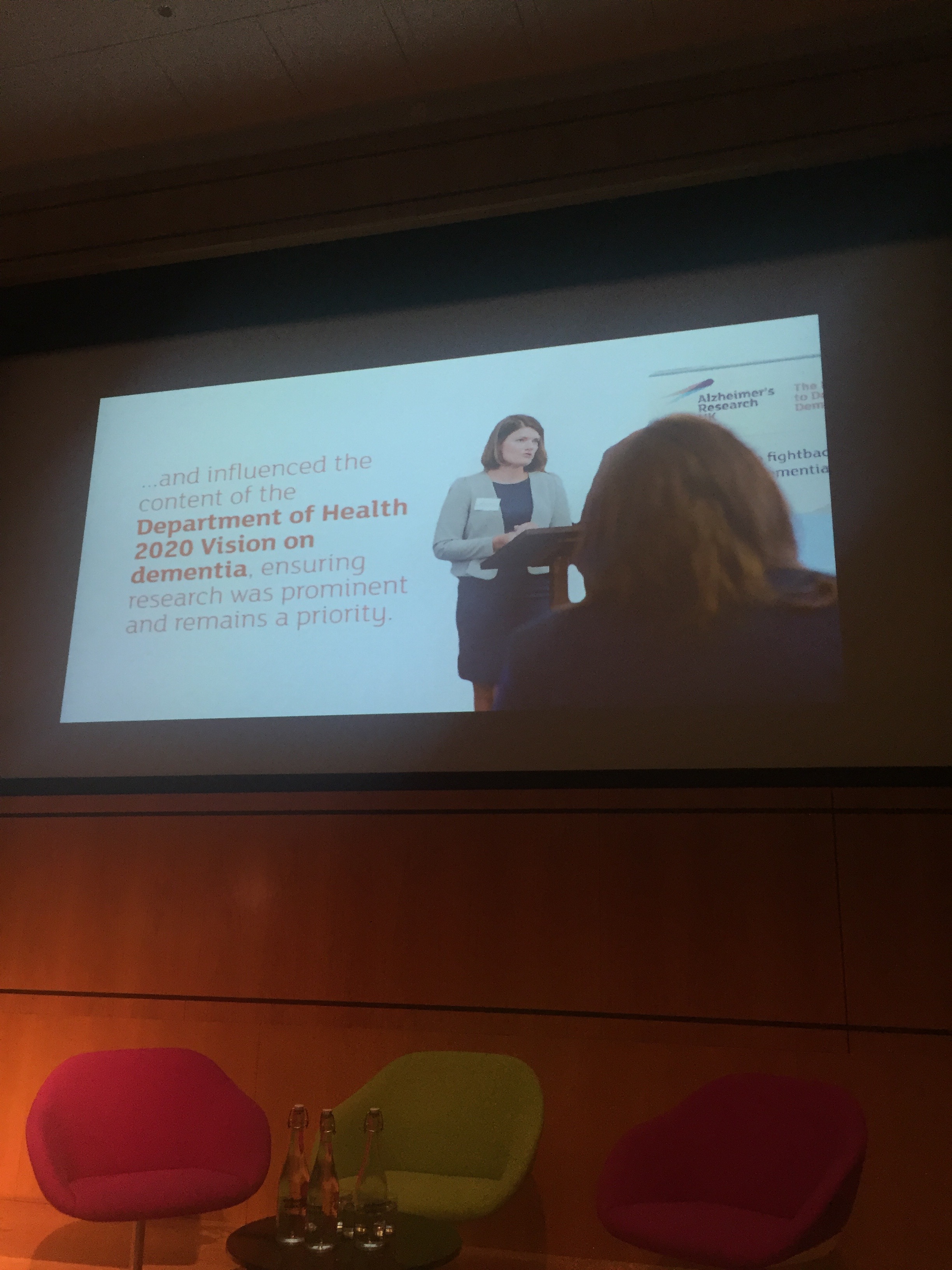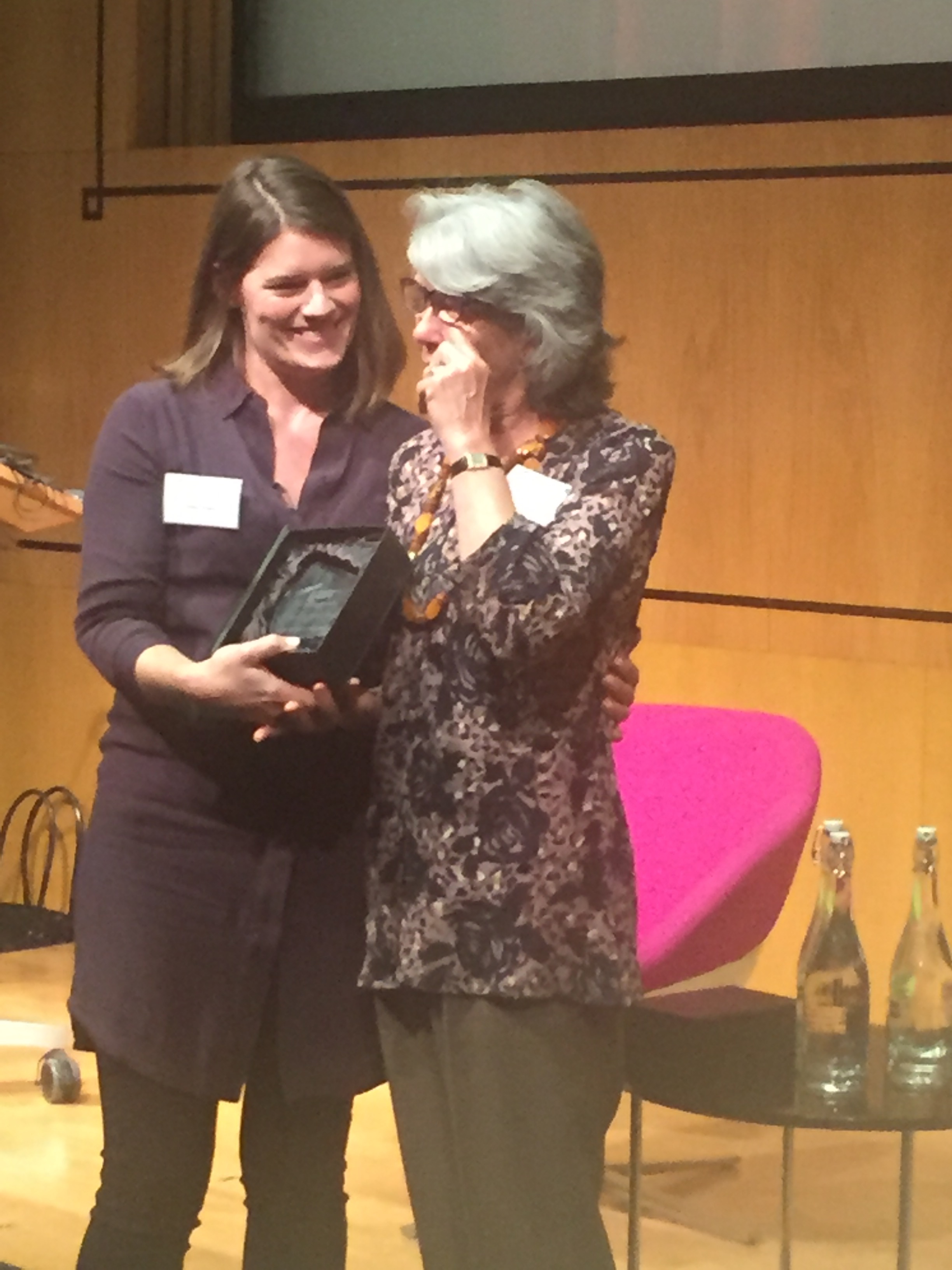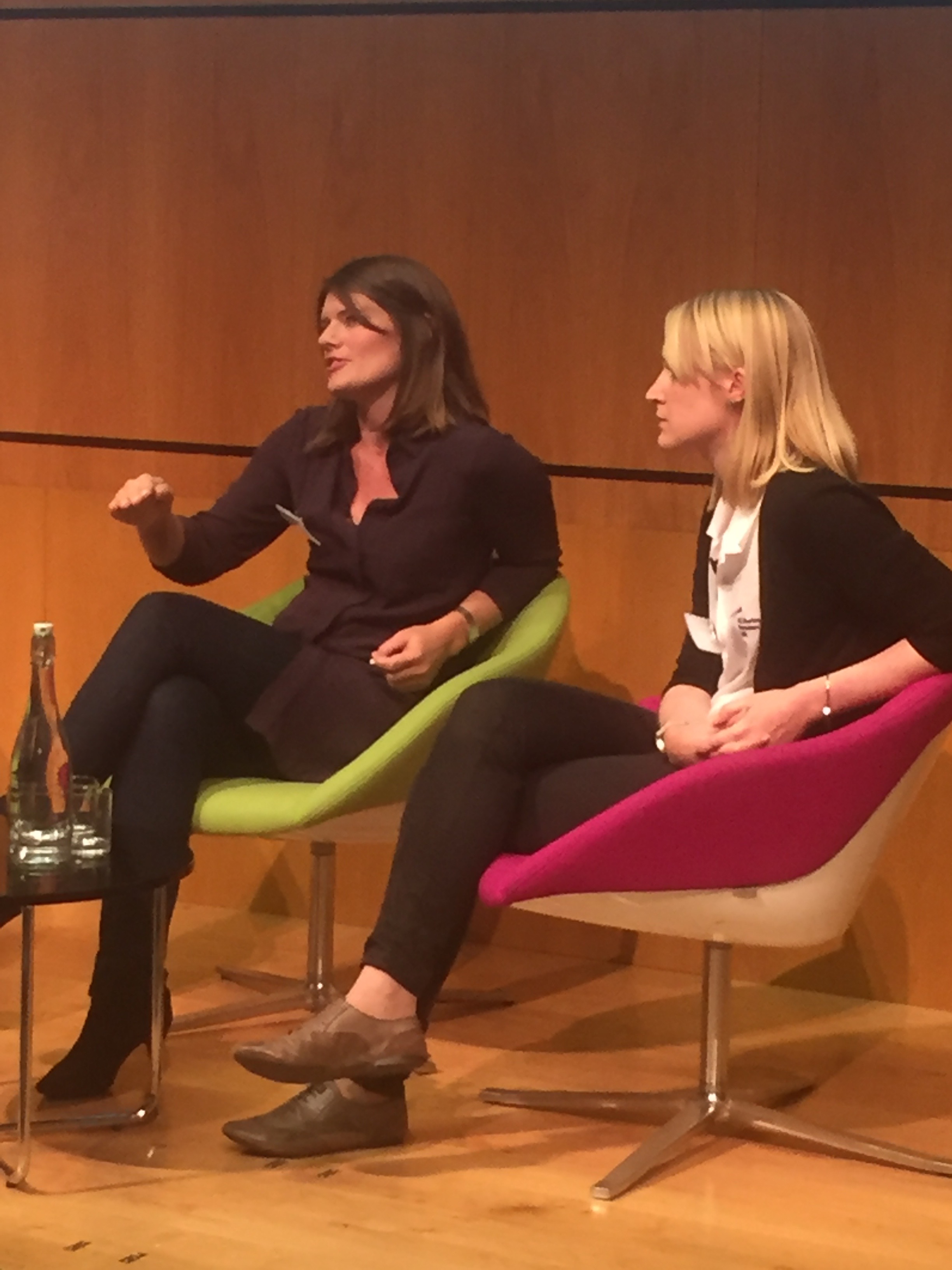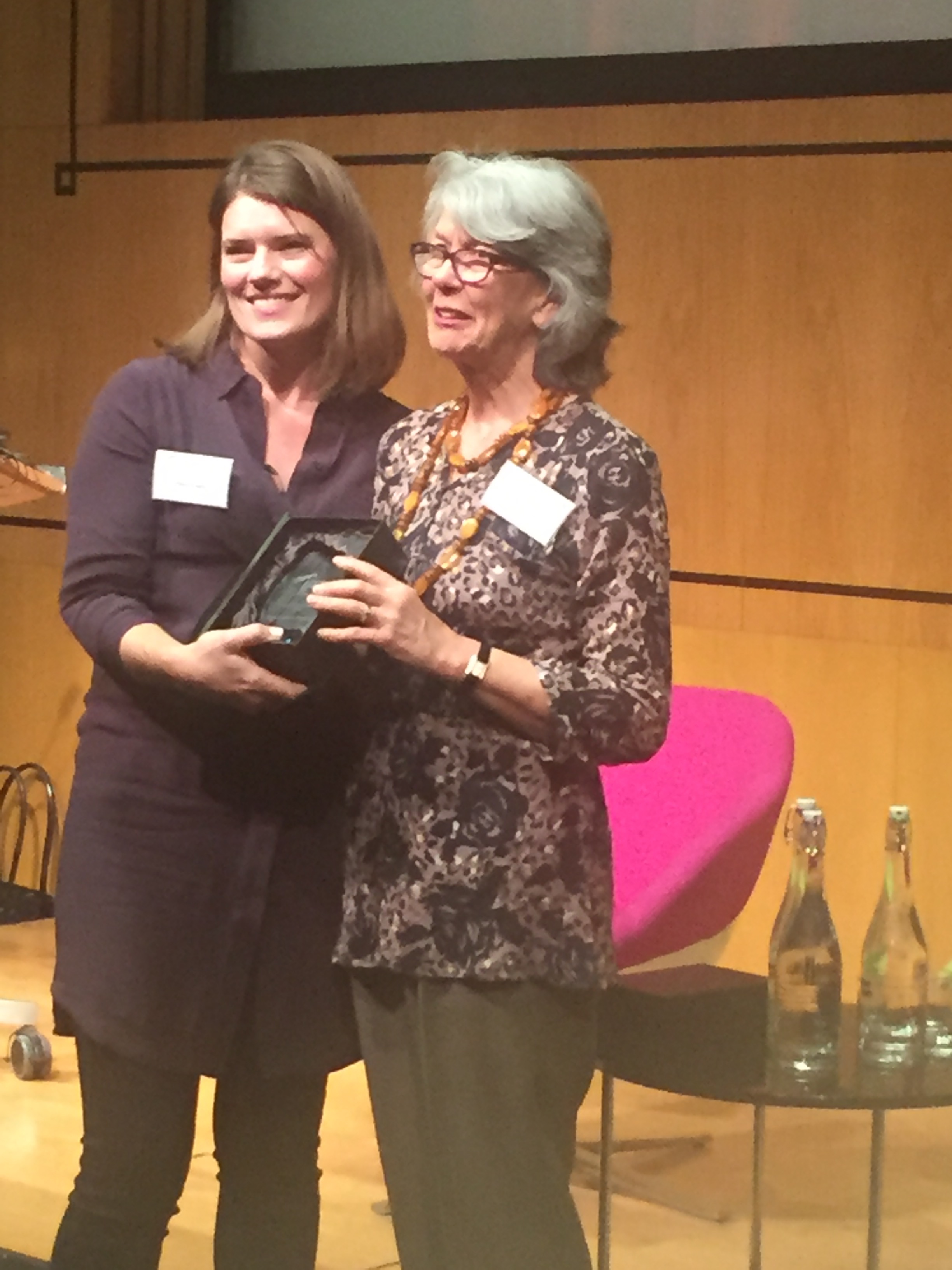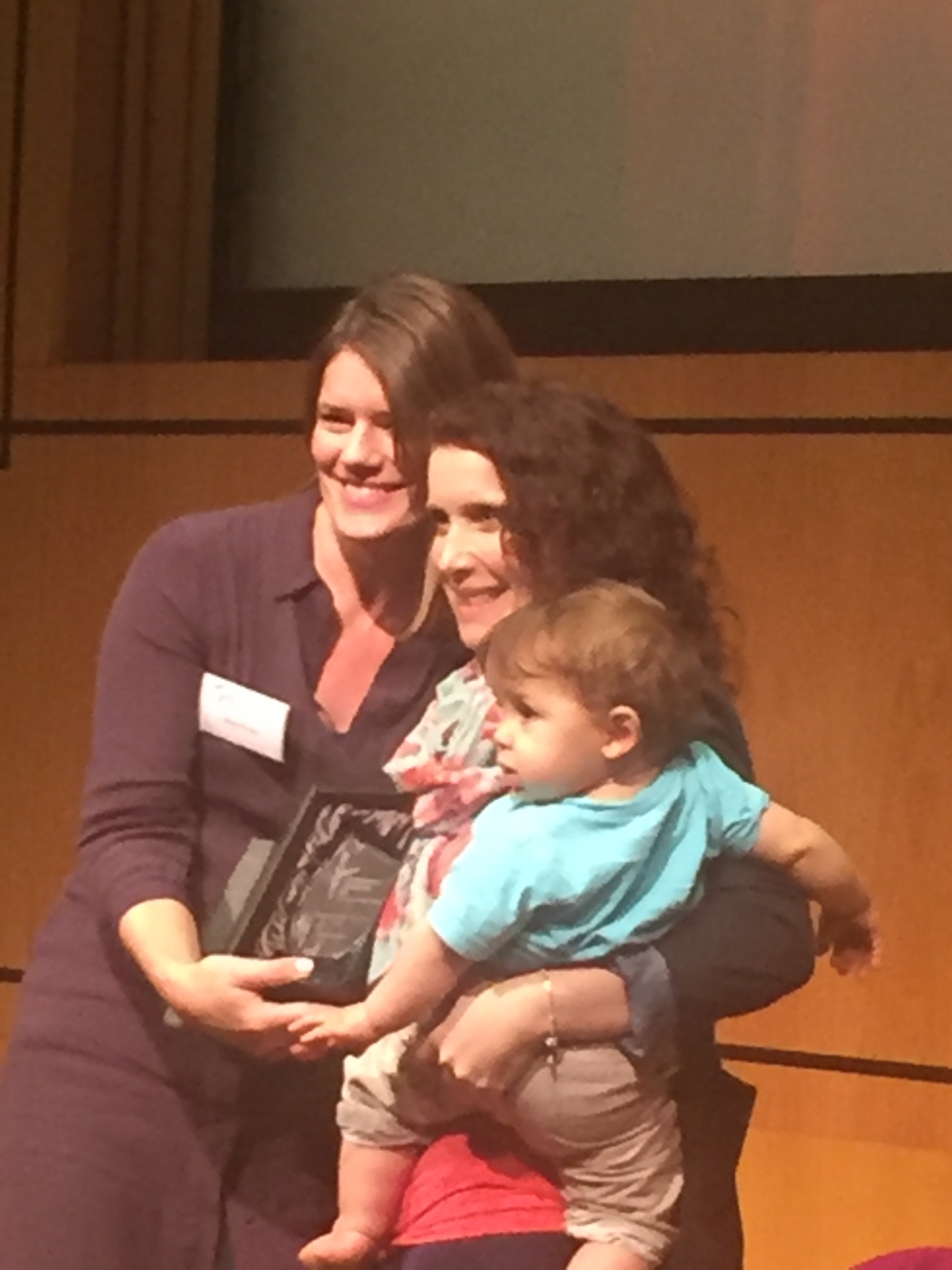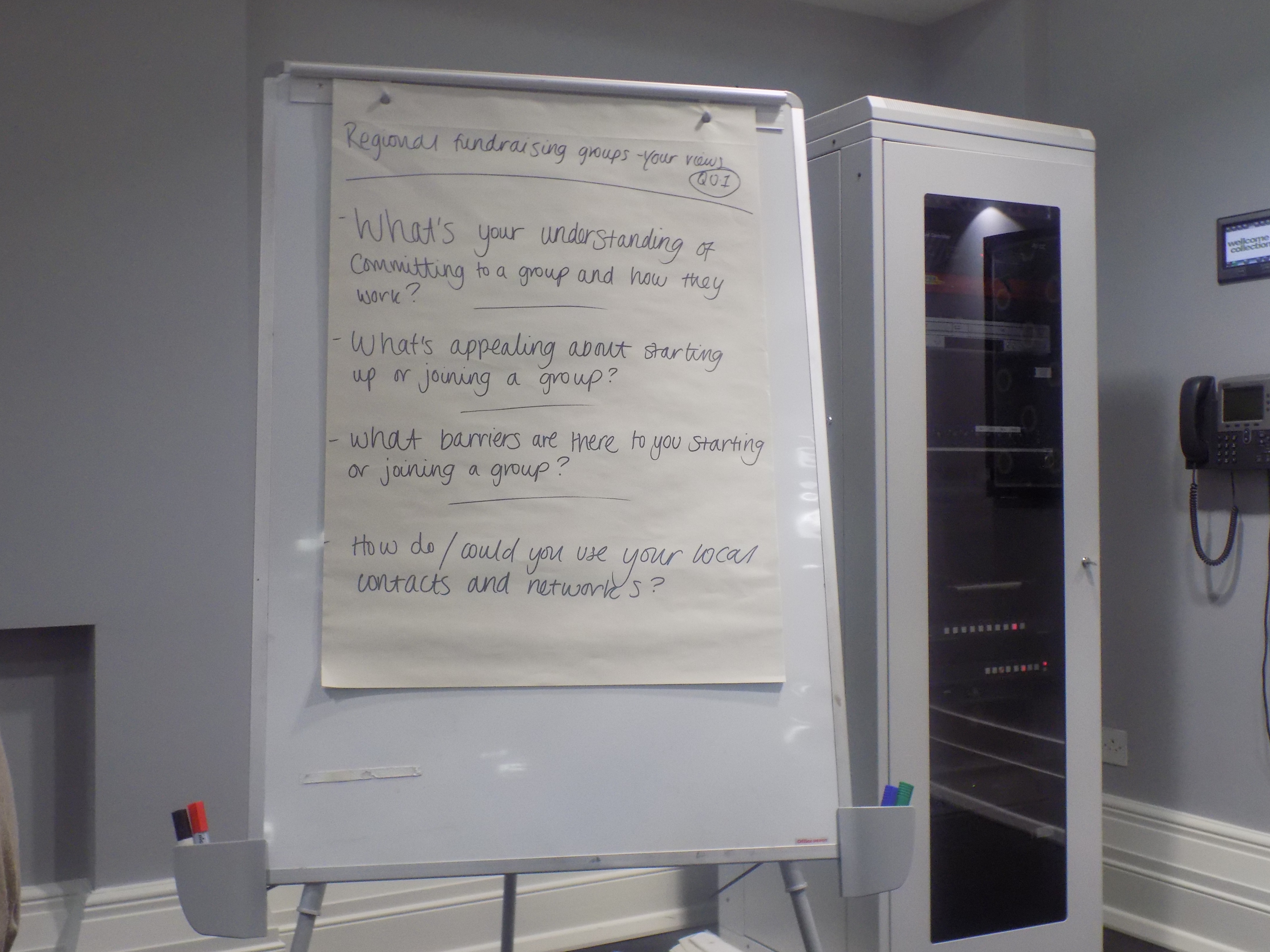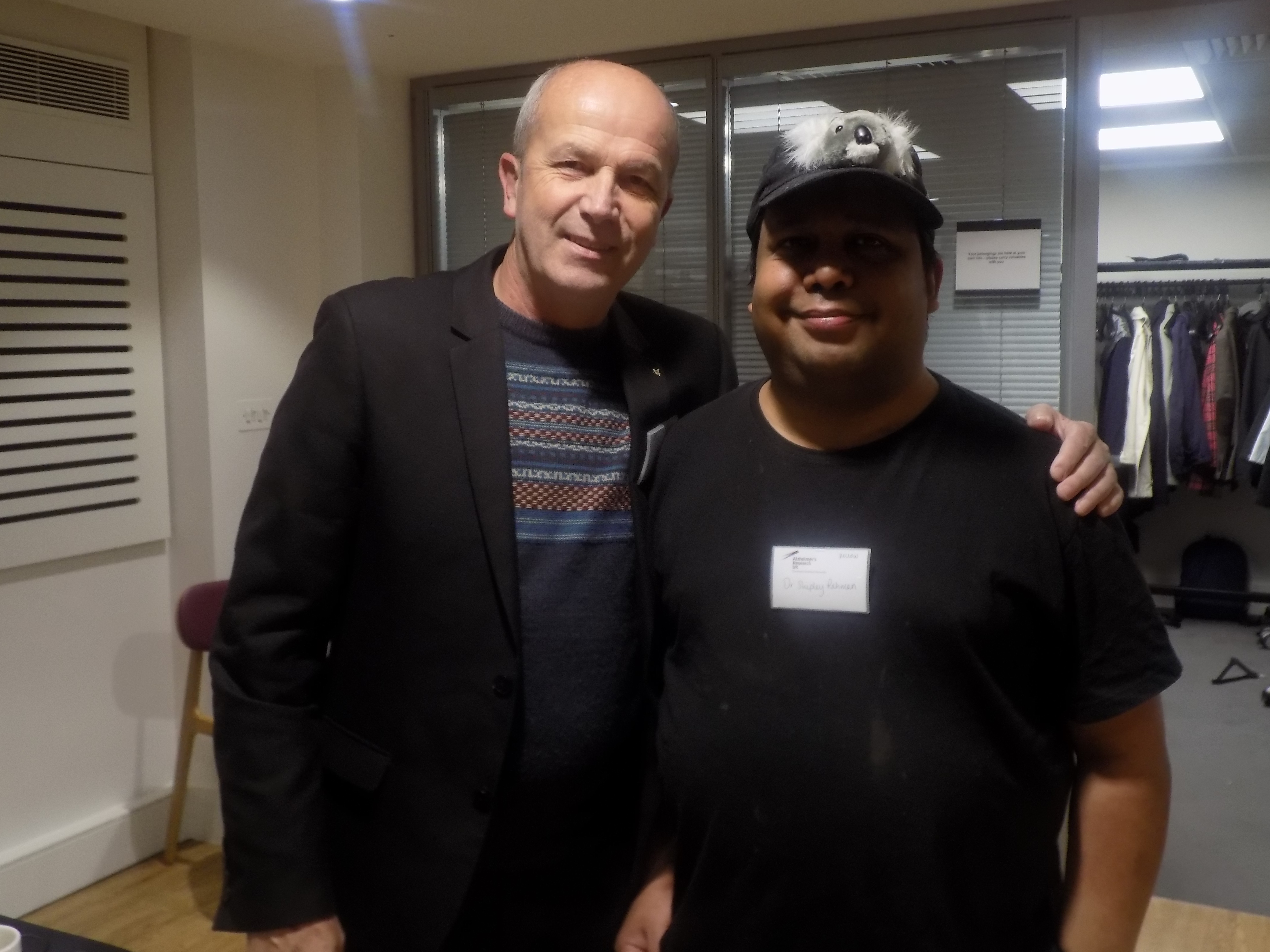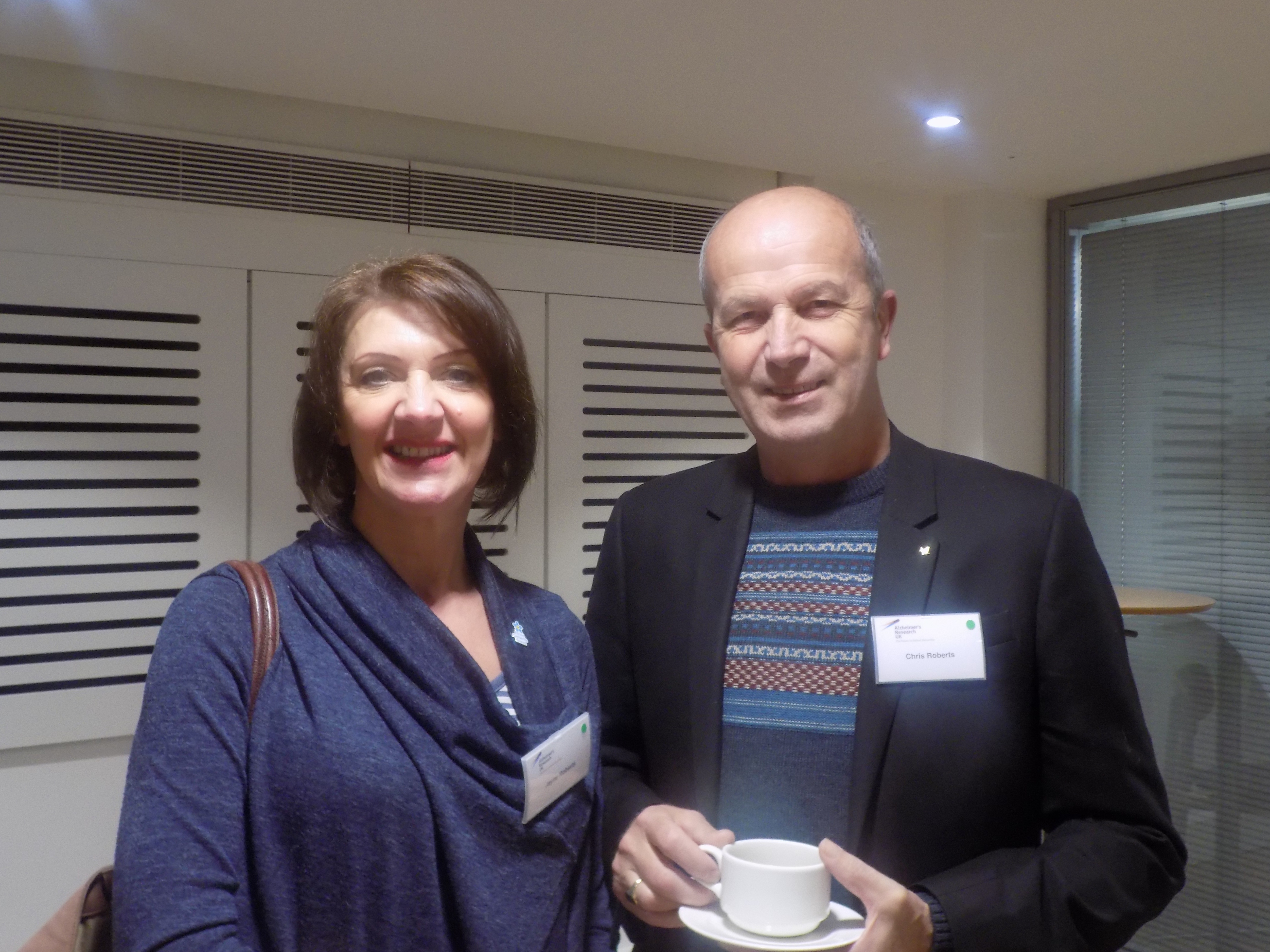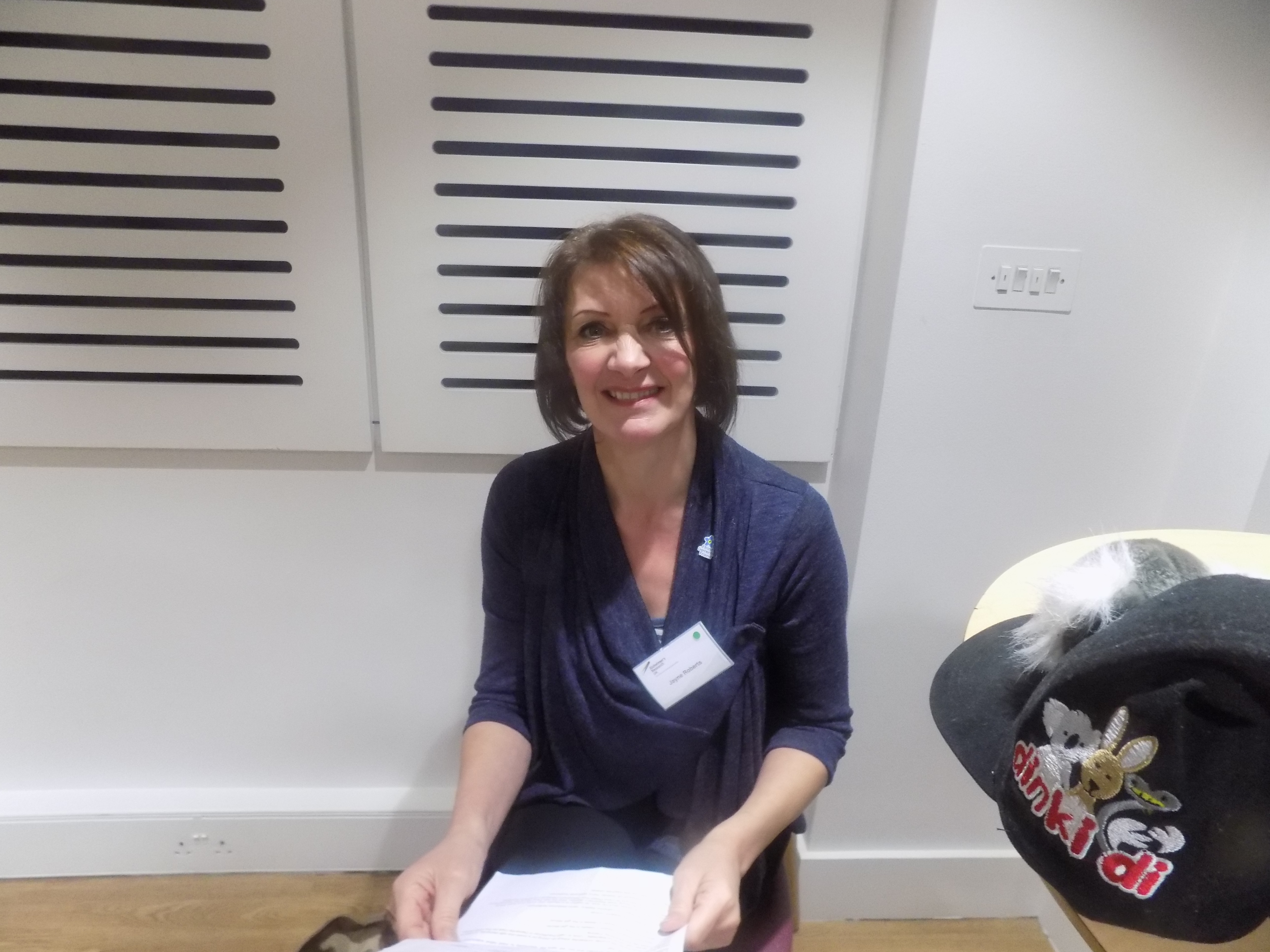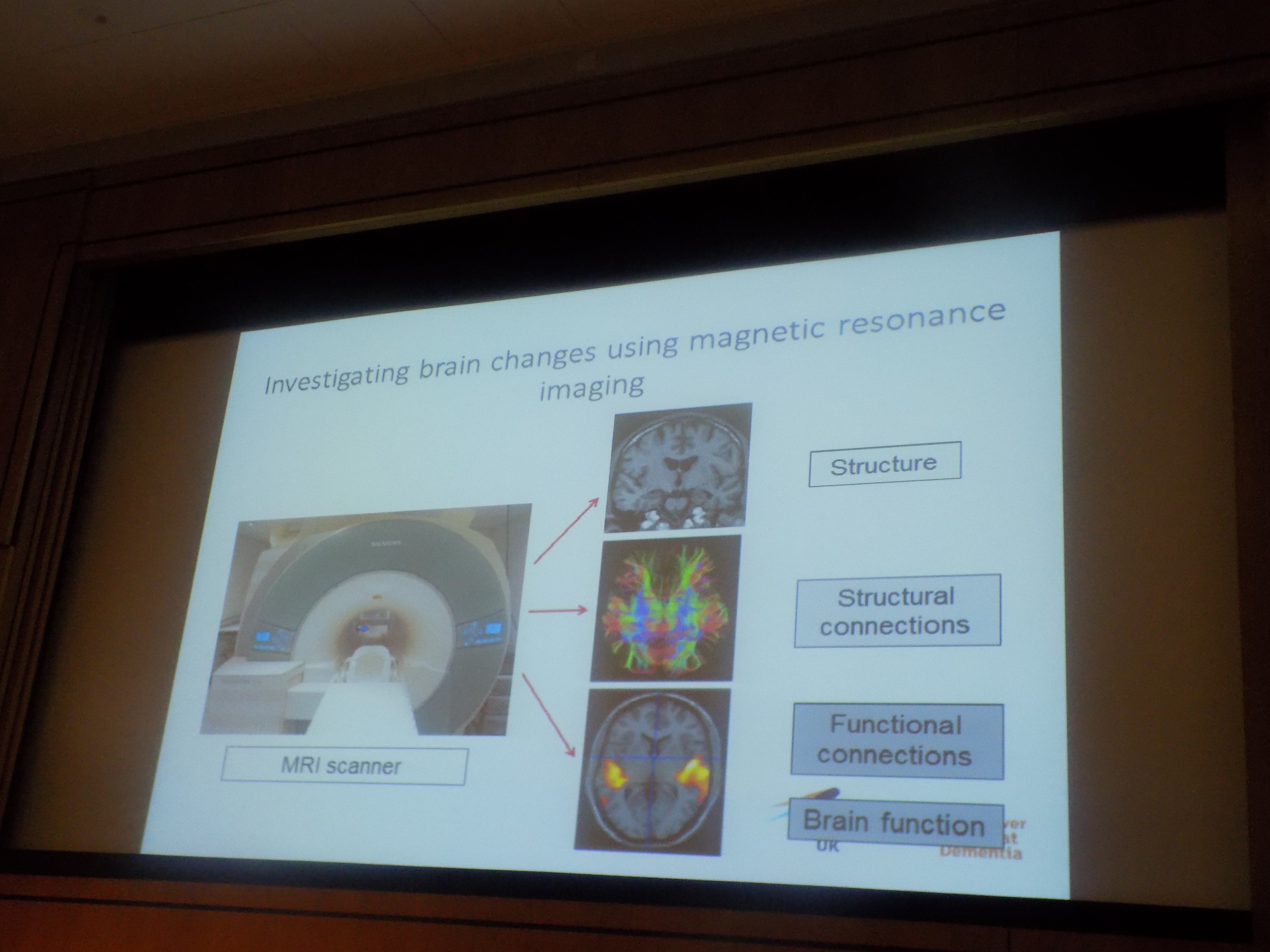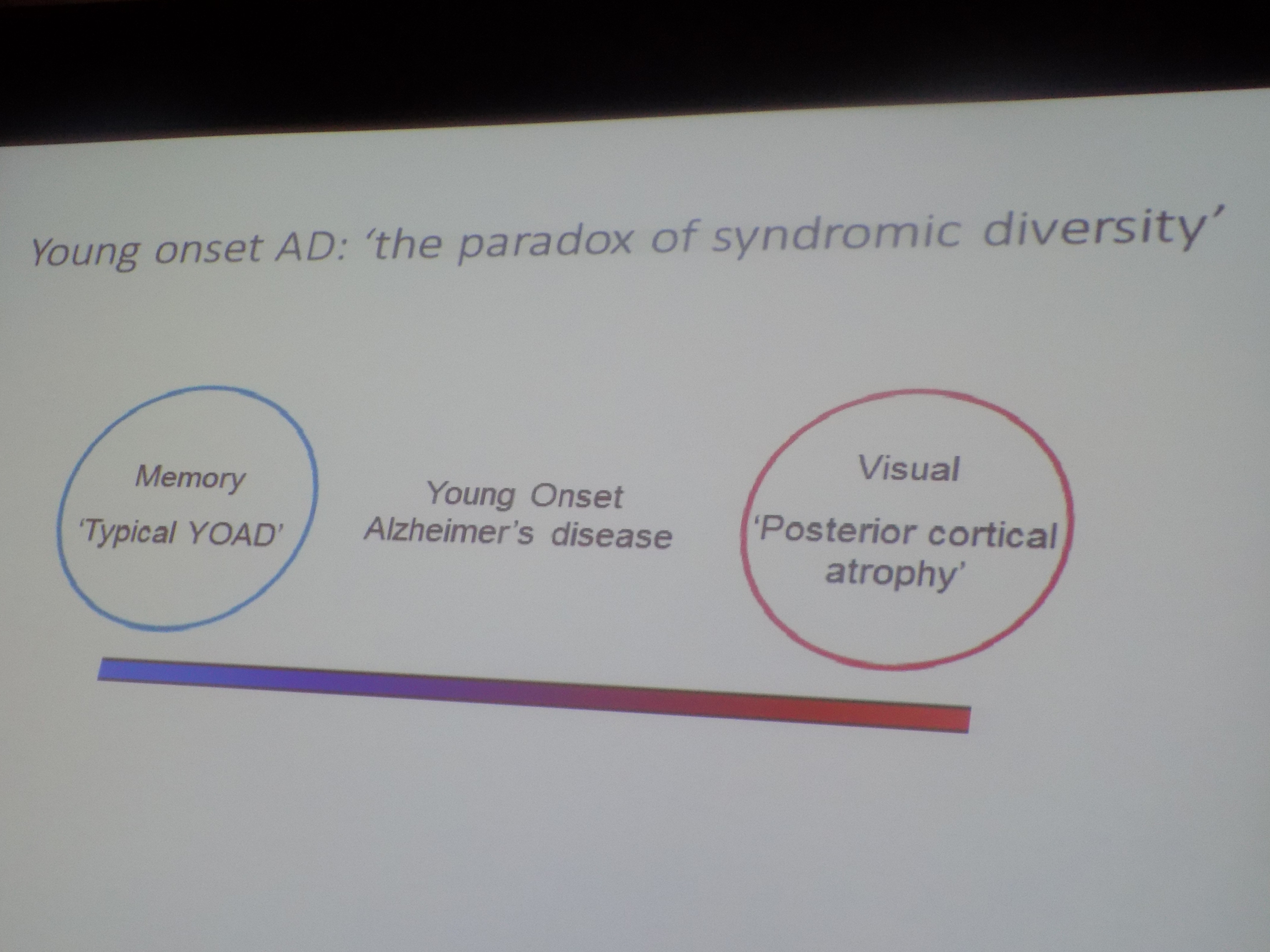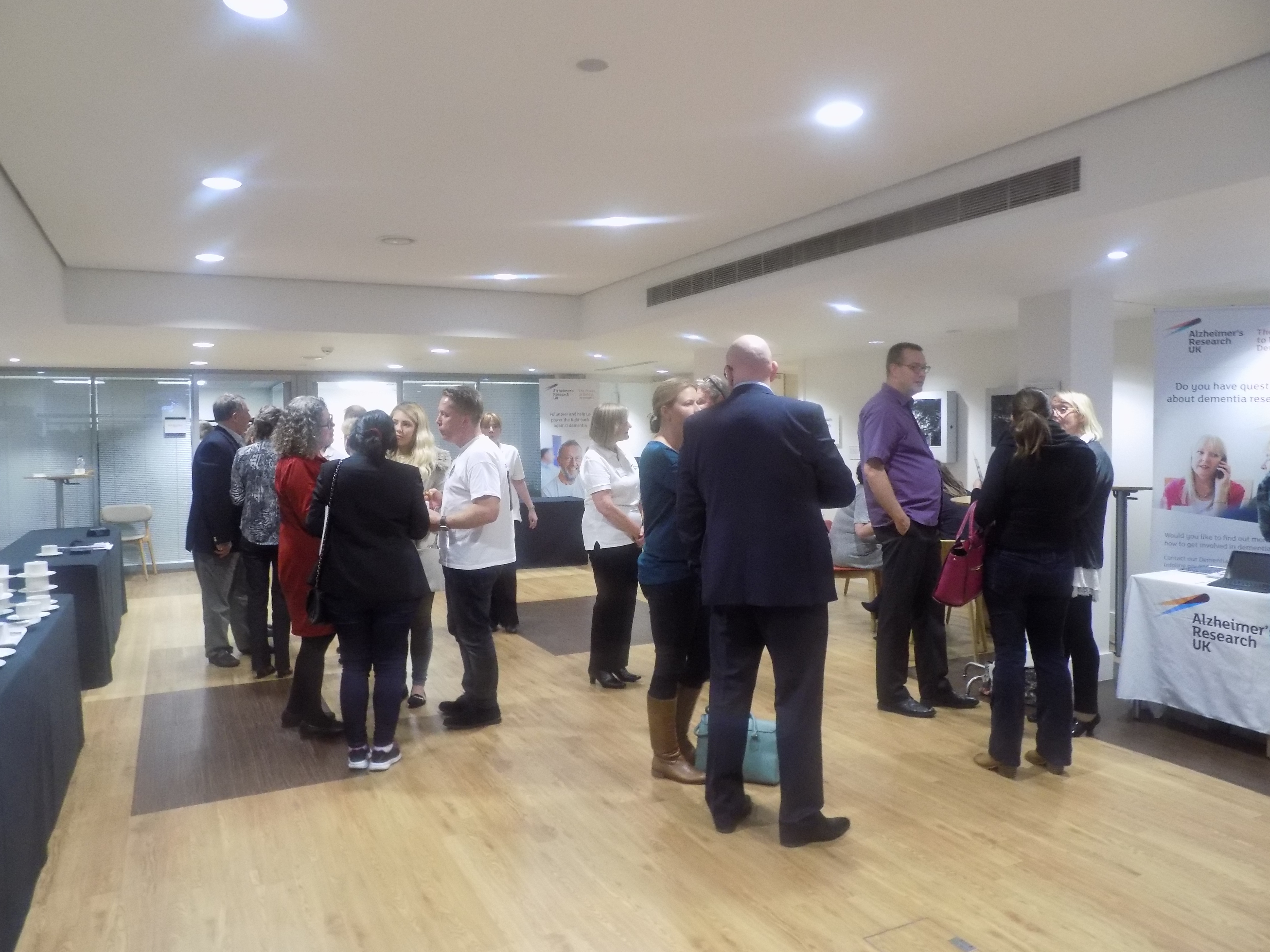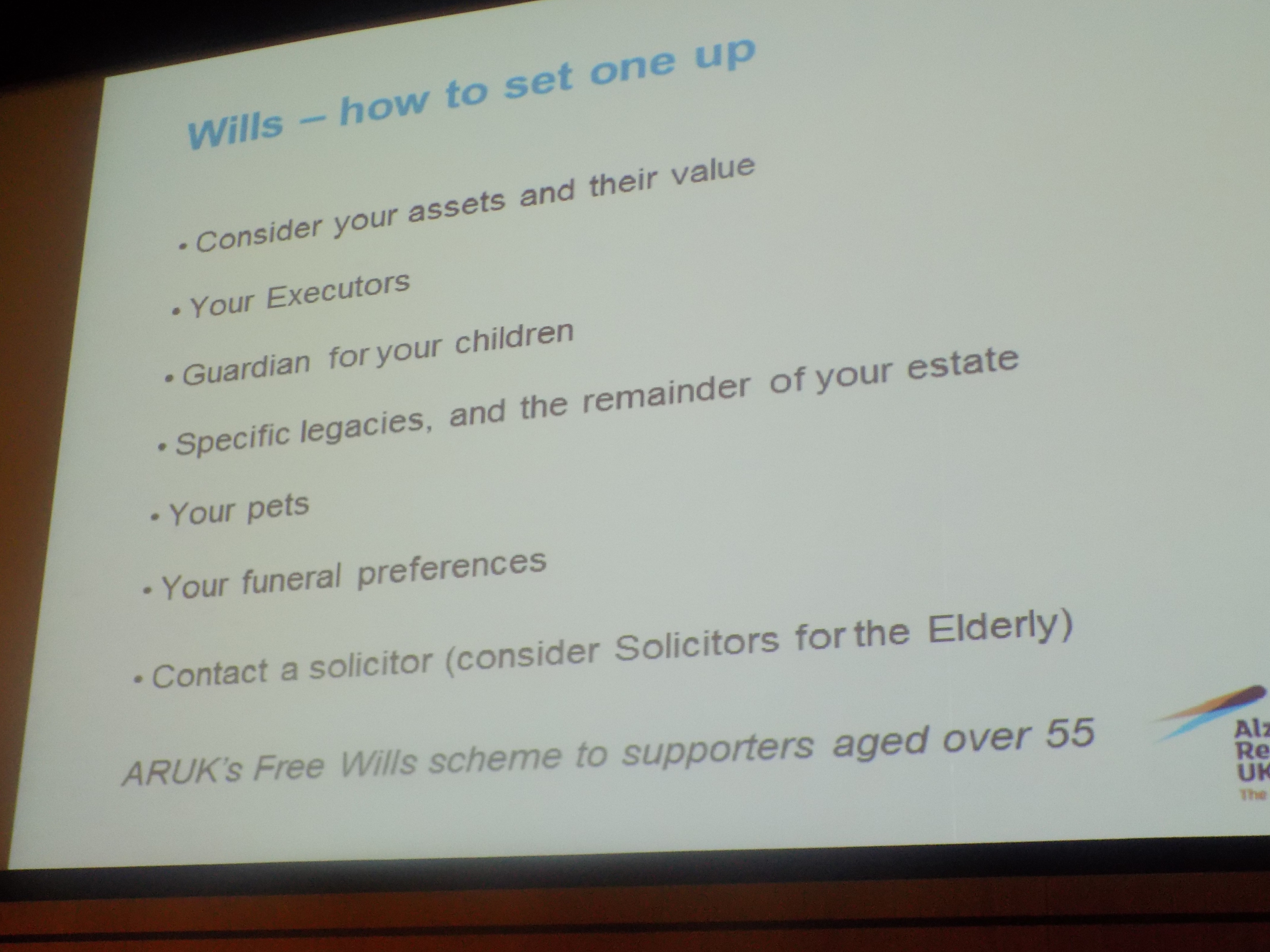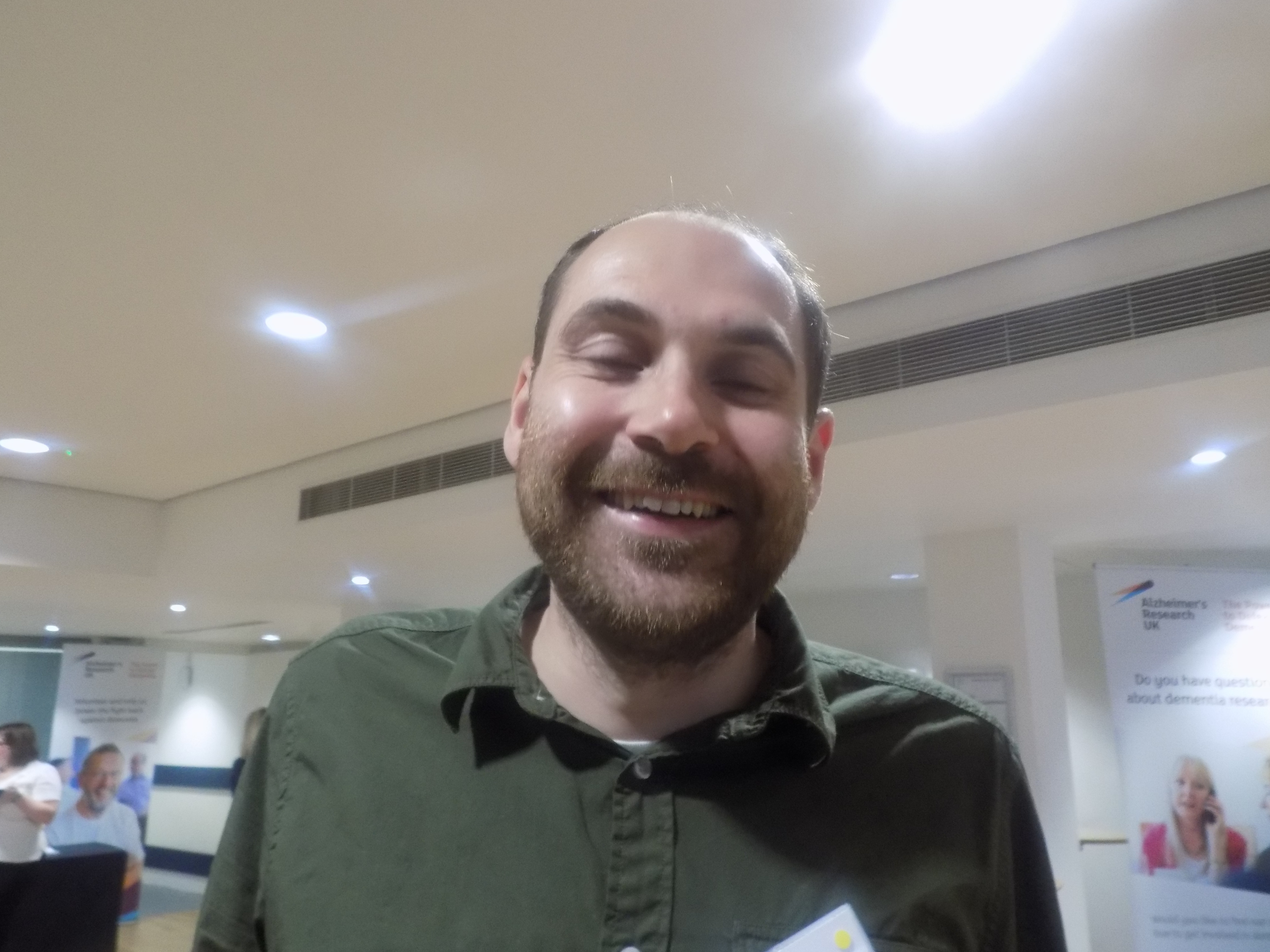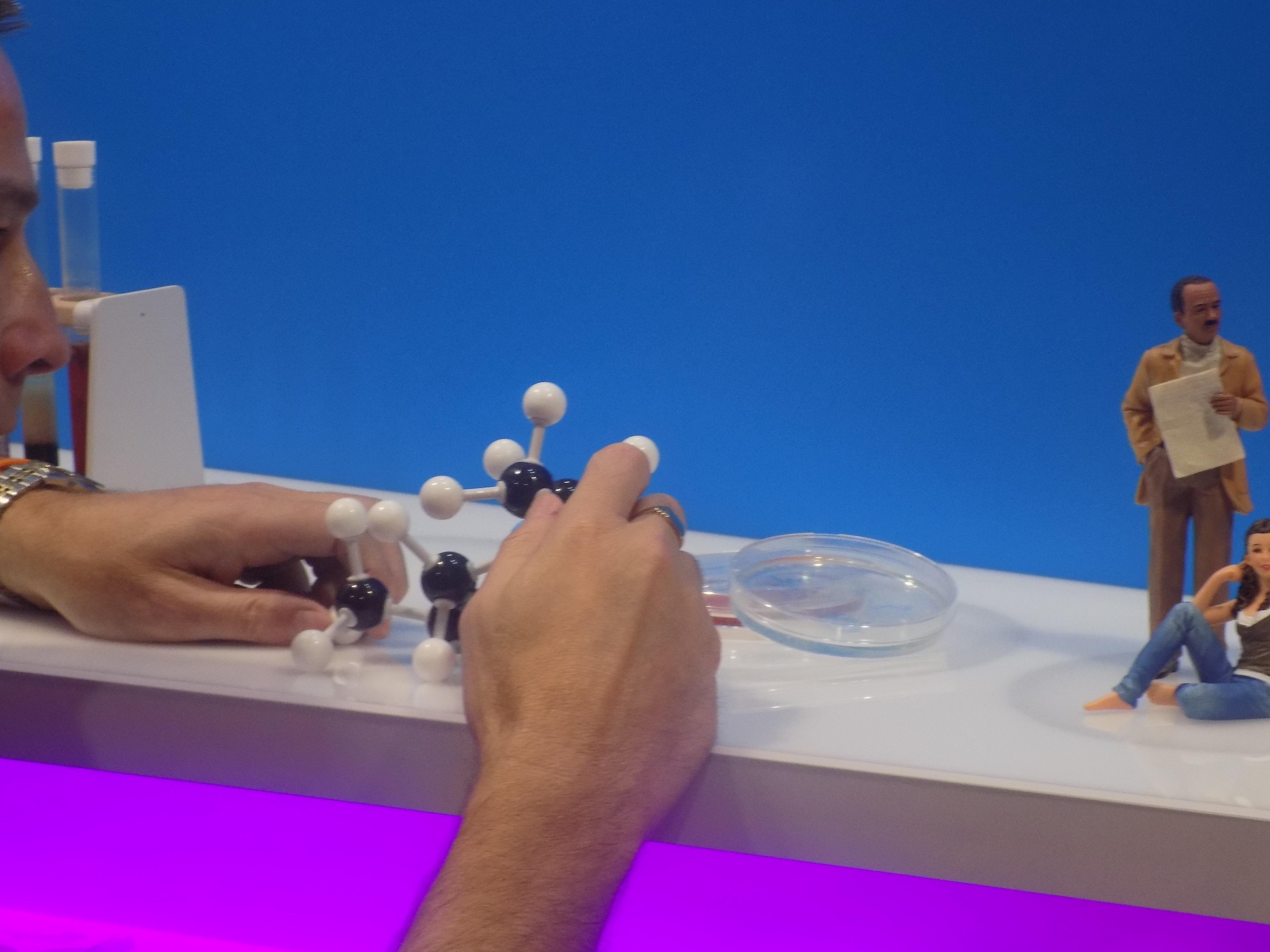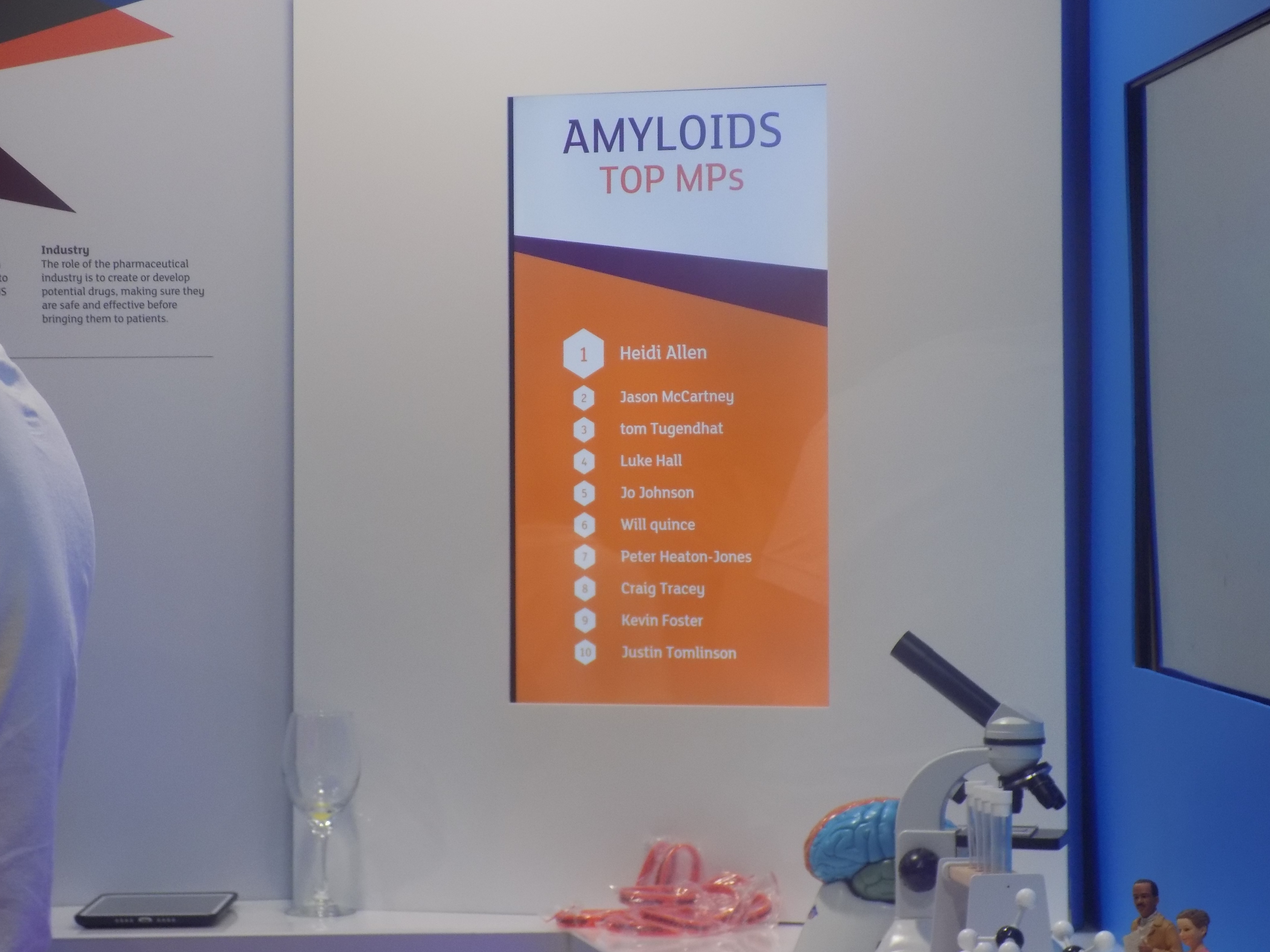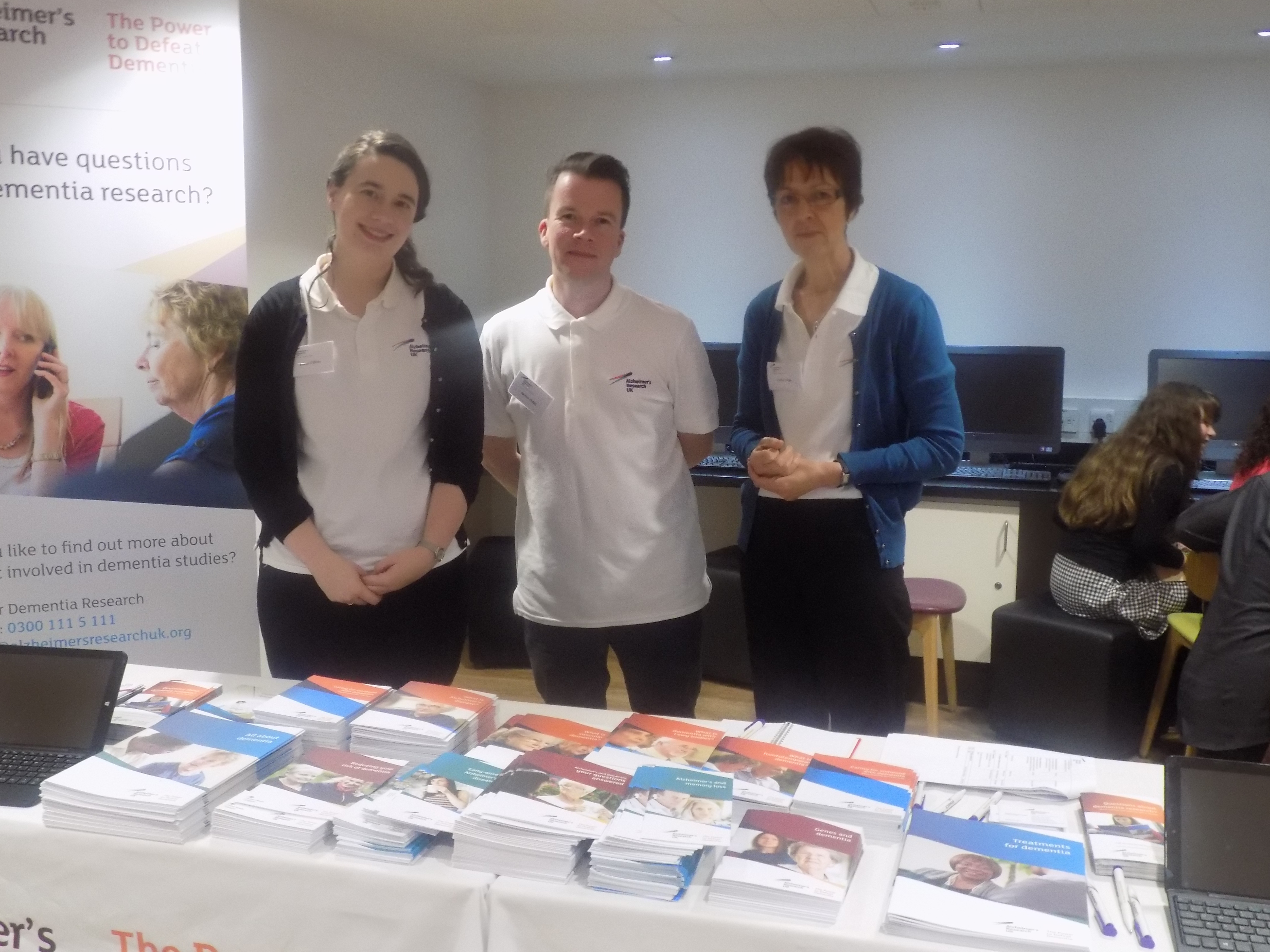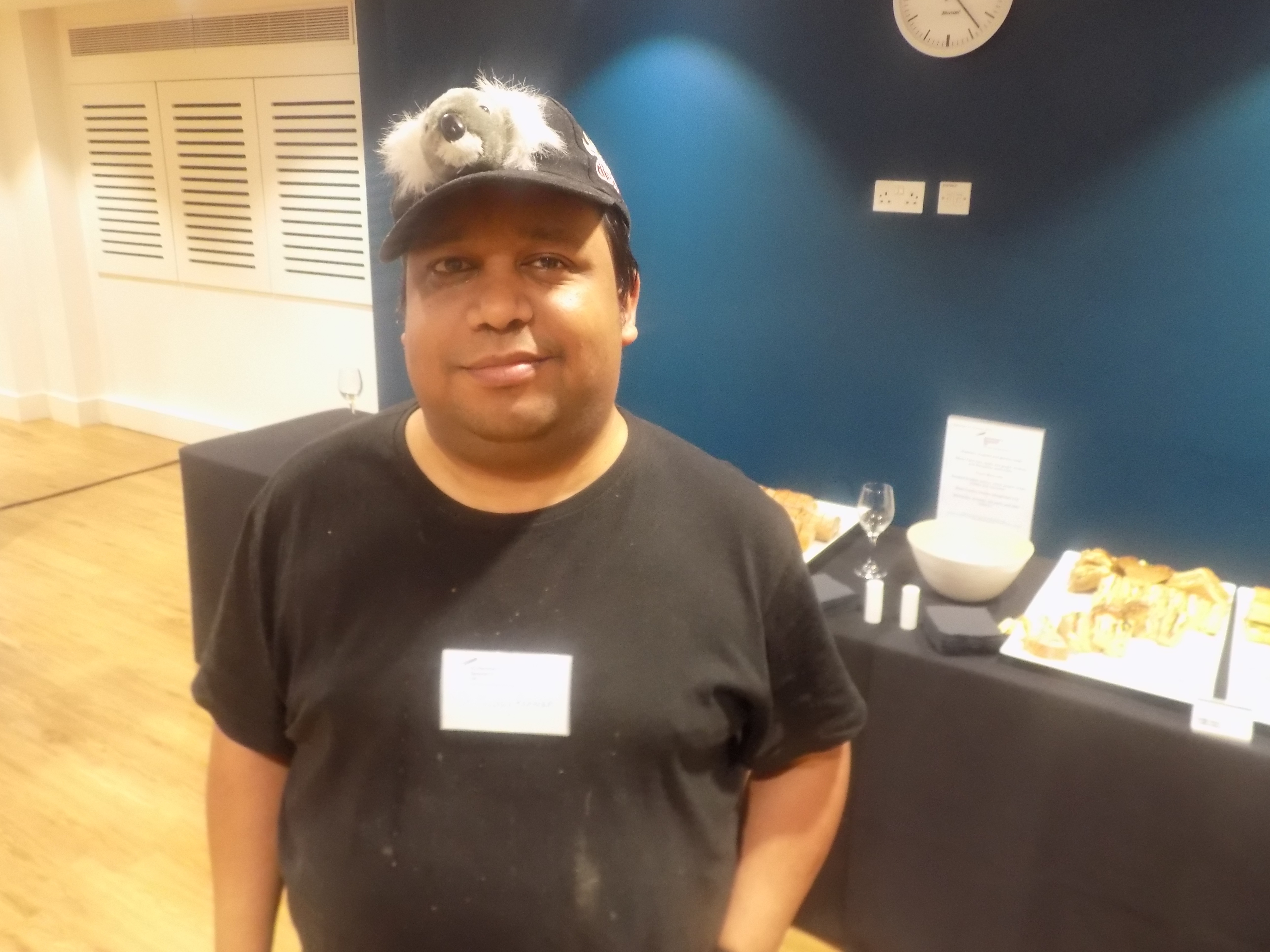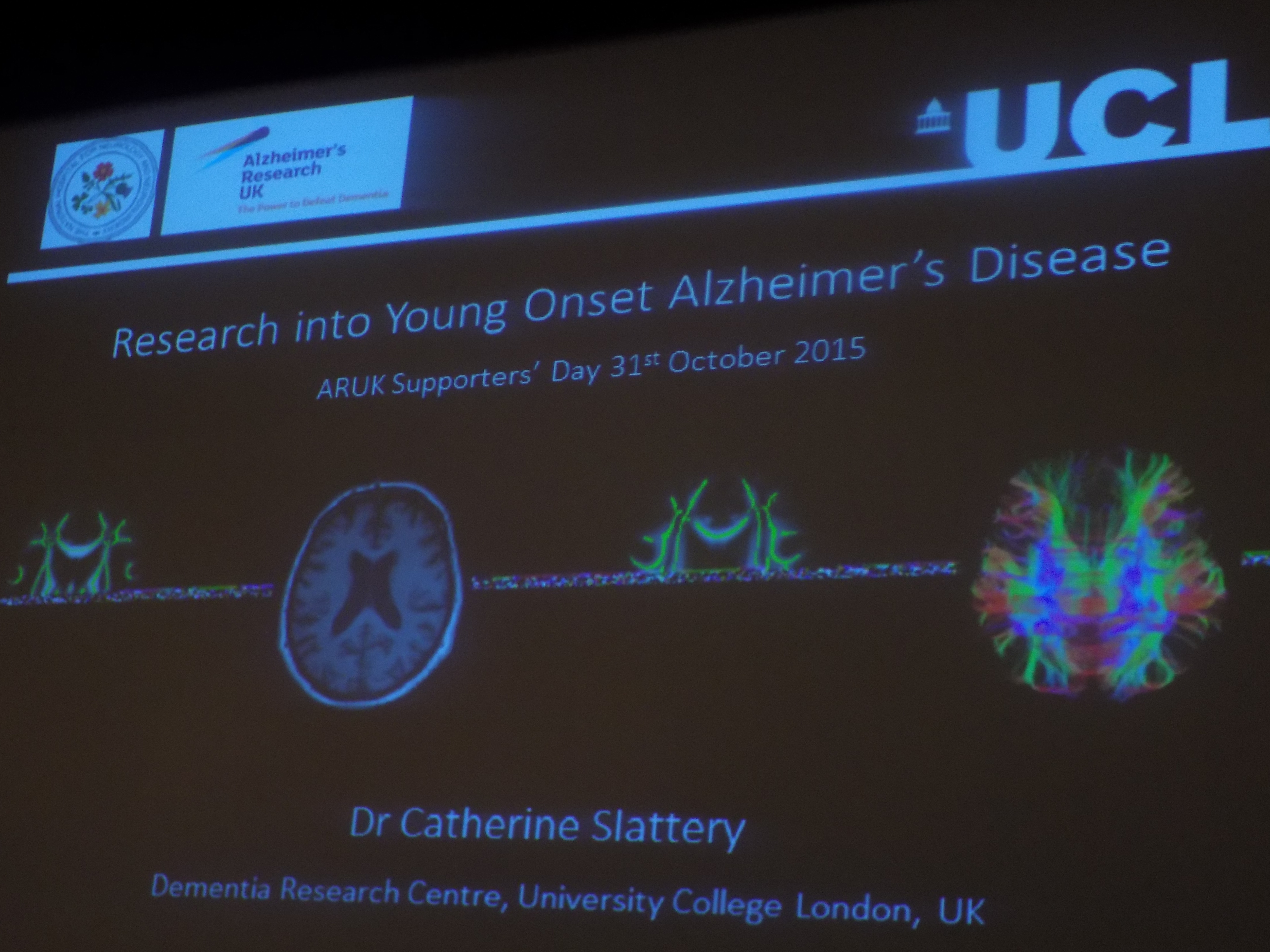Published by Jessica Kingsley publishers, 2015.
ISBN-10: 1849052700
ISBN-13: 978-1849052702
It’s a necessity of civilised citizenship that voices are listened to. A particular issue with the narrative on dementia is that it has sometimes been unclear whose story we are listening to. It’s easy to ignore some stories if they don’t fit a big picture. It’s particularly easy to ignore those stories if you don’t actively seek them out.
Somewhat paradoxically I am also reading Koch on consciousness. This thesis is somewhat a reaction against the simply reductionist approach. It is inevitable that, in seeking out disease modifying drugs for dementia or possibly cures, the approach is somewhat blunt – but who’s to say it will not be effective?
I had to read Lucy Whitman’s book several times to understand it properly. Like a psychological thriller, somewhat, most of the power in the message is left entirely up to the reader to work out for himself. It’s a relic of Tom Kitwood’s work that no two people with dementia are the same – and this is abundantly clear from reading the diverse accounts of people living with dementia in this book. And yet important themes emerge – about how the diagnosis is unnecessarily bungled, often, by the medical profession, and how individuals come to terms with the diagnosis.
What is also revealing is the extent to which people have friends and family to rely on at this demanding time. But what is especially exciting, often, is that how people beyond the diagnosis of dementia (to use Kate Swaffer’s phrase) find a meaning in their lives. If you believe it’s not how you fall, it’s how you get up, it’s particularly educational to see how people have got on with their lives in the face of relatively little in an offering from the medical profession.
The book is very effective. The accounts sound authentic, and in no way homogenised by Whitman. The accounts are diverse, candid and sobering. It is a very well written book, which is a pleasure to read. I think the windows on various people’s lives would be wonderful background reading too for any professional in training.
No one account of dementia is any more relevant than the other, but this is not to say that all should have prizes. Every single person in this book has faced unique challenges and concerns. Lucy Whitman herself in the introduction confronts whether how representative the ‘sample’ is. Quite correctly, no one person is particularly representative, but I think it would be completely unfair, say, to say that there is no account from a particular diversity perspective.
But is this book entirely self-selecting? My issue with this criticism is that everything can be viewed through the self-selecting prism. What is it that makes someone write a book in the first place? Producing this book must have been a real ‘labour of love’ for Lucy Whitman, and her passion and enthusiasm seep through every pore of this book. One may in passing wonder the people with dementia are on the young side, some perhaps ‘professional activists’. But this would be entirely to miss the point – for example, as said before, is a vicar a ‘religious activist’ or an author ‘a literary activist’? One can certainly not ‘blame’ a person with dementia having a clear articulation of where he or she stands with the diagnosis. Whilst a person is not defined by any disease, its significance for the person, friends and family can never be underestimated.
There is currently no book like this. I suspect it will be incredibly hard to match it – and I feel somewhat this book taking the lived experience seriously is desperately needed given the relative abundance of books looking at dementia through other prisms, including strongly theoretical approaches, or books which are only accessible to a neuroscientific audience. Living realistically, and in a content way, with dementia is the big issue. What is particularly useful from this book is an overview of the sorts of services which are in existence following diagnosis (and which aren’t). I think this book fills that void after diagnosis where people often don’t know to whom to turn with the new news.
But the book, whilst fascinating and optimistic, also does depict a realistic view of the dire way in which ‘post diagnostic’ life is all too often organised from care and support services. But from this commissioners and other professionals can think constructively about what we’re missing, contemplate how we wouldn’t necessarily wish to start from here, and feel more than a morsel of regret about not looking towards people living with dementia in the first place.
So many congratulations to Lucy Whitman. This is a seminal and unique contribution, which deserves wide praise. It must be widely read, and I am certain it will be.


